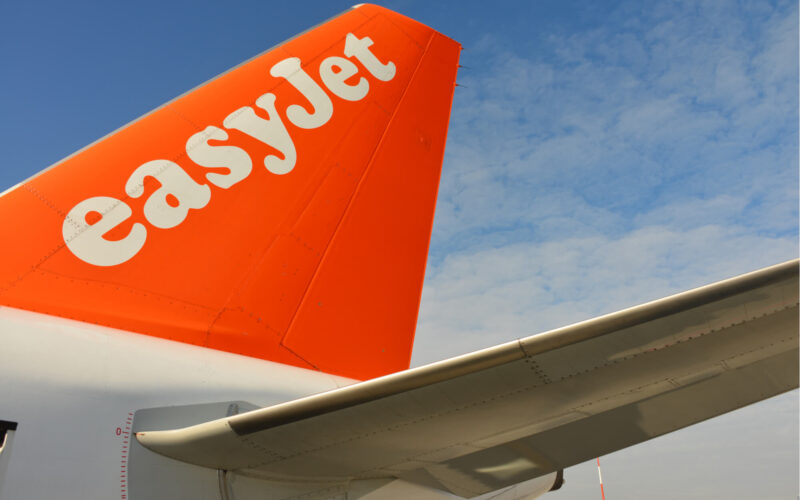With the way out of the pandemic still uncertain, British airline easyJet has rejected a takeover offer and said it was raising £1.2 billion ($1.7 billion) via a rights issue.
The carrier announced on September 9, 2021, that it had rejected an unsolicited preliminary approach from an unnamed third party, which it said “fundamentally undervalued” easyJet.
“In deciding to reject it, the Board took into account all relevant factors including the highly conditional nature of the proposal and the certainty and strategic opportunity that the Rights Issue presented to the Company,” it explained in a statement to the stock exchange.
Several media reports, including from Reuters and Bloomberg, cited sources as saying the approach came from low cost rival Wizz. Spokespeople for easyJet and Wizz declined to comment when contacted by AeroTime.
Along with the $1.7 billion rights issue, easyJet has agreed a loan for $400 million, which takes the form of a four-year senior secured revolving credit facility. The airline has already raised some £5.5 billion ($7.6 billion) in liquidity from various sources during the crisis.
easyJet said the current trading environment remained uncertain, and that it wanted to ensure it was able to play a part in the post-pandemic recovery.
“As part of a review of its capital structure, the Board has concluded that raising additional equity will protect and strengthen easyJet’s long‐term positioning in the European aviation sector,” the company said in a statement.
In the third quarter of its 2021 financial year, easyJet flew just 17% of its pre-crisis capacity. It plans to increase this to 57% for the fourth quarter, which runs to the end of September, and then up to 60% for the first quarter of 2022.
By comparison, low-cost rivals Ryanair and Wizz have ramped up operations much faster, with Wizz reporting a return to pre-pandemic levels in August 2021 and Ryanair saying it expects to do so in October 2021.
easyJet is aiming to return to pre-pandemic levels “by 2023”.
“The capital raise announced today not only strengthens our balance sheet enabling us to accelerate our post‐COVID‐19 recovery plan but will also position us for growth so that we can take advantage of the strategic investment opportunities expected to arise as the European aviation industry emerges from the pandemic,” chief executive Johan Lundgren commented in the statement.
In August 2021, easyJet said UK domestic capacity was at 105% of 2019 levels with a load factor of 82%. Intra-EU capacity was at 81% of pre-pandemic levels with load factors of 85%
Updated with report of suitor and airline responses

